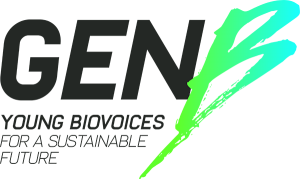BEAMING project
This project ends on: 31/12/2027

Bioeconomy excellence alliance for stimulating innovative and inclusive green transition
BEAMING is a Horizon Europe project under the WIDERA work programme which seeks to promote innovation and valorization of knowledge in the field of bioeconomy through cooperation between higher education institutions, with a special focus on widening countries in Central-Eastern Europe, South-Eastern Europe and the Western Balkans.
Contact:
Balázs Imre (Project Coordinator): imre.balazs@edu.bme.hu
website: https://beamingproject.eu/



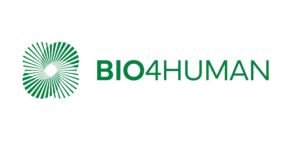
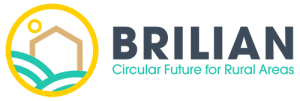
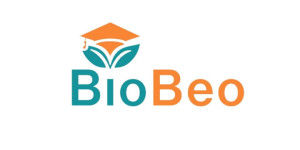
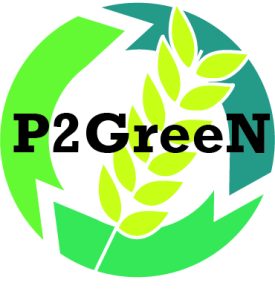

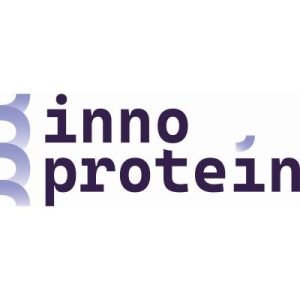
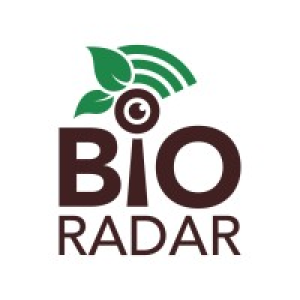
 The BlueMissionMed Coordination and Support Action (CSA) will design, structure and support a well-functioning basin scale innovation ecosystem, ensuring fast progress towards the achievement of EU Mission “Restore Our Oceans and Waters by 2030” objectives and important impact on the society.
The BlueMissionMed Coordination and Support Action (CSA) will design, structure and support a well-functioning basin scale innovation ecosystem, ensuring fast progress towards the achievement of EU Mission “Restore Our Oceans and Waters by 2030” objectives and important impact on the society.